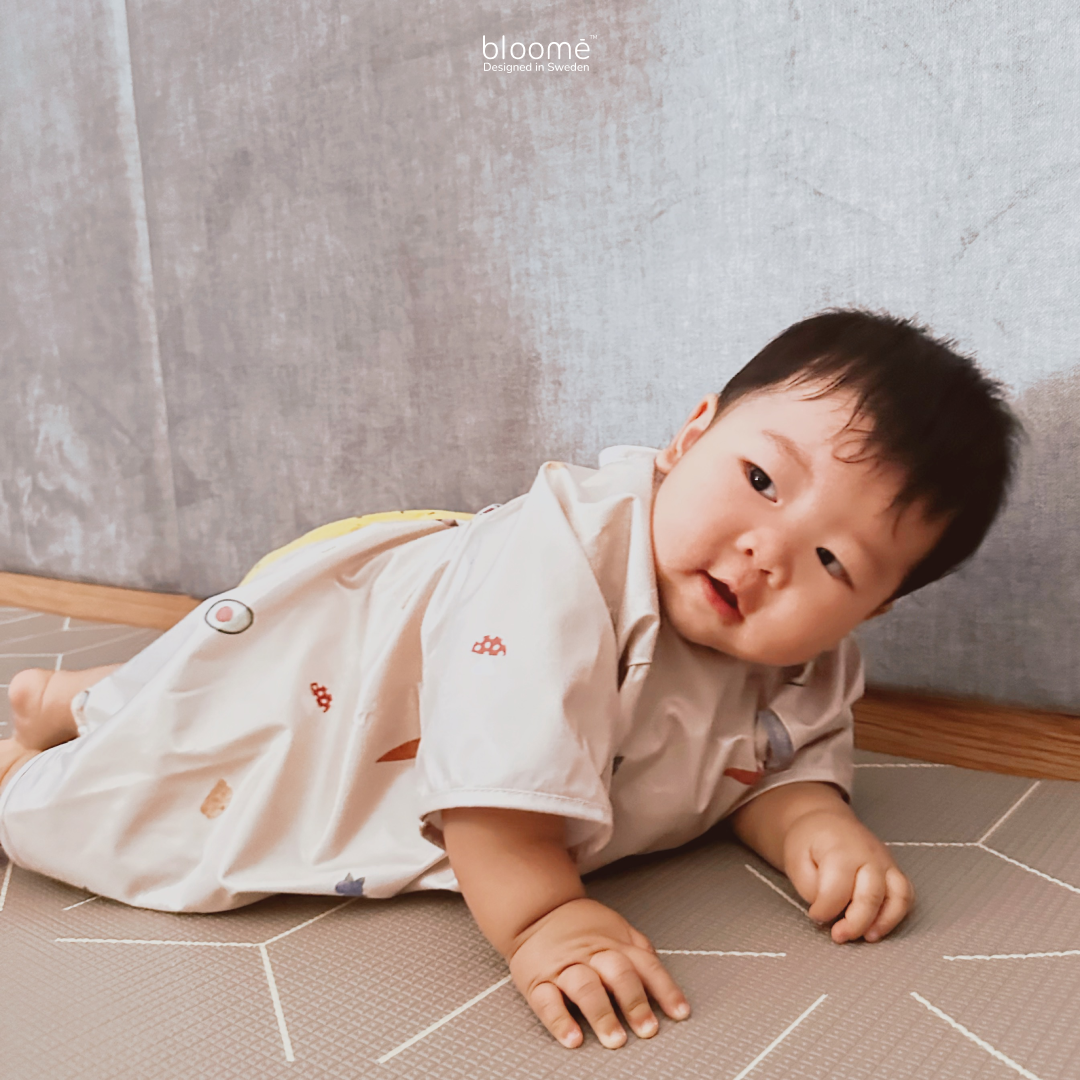Creating the perfect sleep environment for your little one is crucial for their overall health and well-being. A good night's sleep is essential for a baby's growth and development, and the sleep environment plays a significant role in ensuring they get the rest they need.
What makes a good sleep environment?
Optimal room temperature is key for a baby's sleep environment. The ideal temperature for a baby's room is between 68-72 degrees Fahrenheit. This range helps prevent overheating and ensures your baby stays comfortable throughout the night.
Why is darkness important?
Darkness is essential for promoting melatonin production, the hormone that regulates sleep. Using blackout curtains or shades can help create a dark and conducive sleep environment for your baby, signaling that it's time to rest.
How does noise impact sleep?
Noise can disrupt your baby's sleep, leading to frequent awakenings throughout the night. Creating a quiet sleep environment can help your baby stay asleep longer and improve the quality of their rest. White noise machines can also be beneficial in masking disruptive sounds.
What role does bedding play?
The right bedding is crucial for your baby's sleep environment. Use a firm mattress that fits snugly in the crib, along with a fitted sheet. Avoid using loose bedding, pillows, or stuffed animals, as they can pose a suffocation hazard.
Why is a consistent bedtime routine important?
Establishing a consistent bedtime routine can help signal to your baby that it's time to sleep. A predictable routine can include activities like a warm bath, reading a book, and gentle rocking, helping your baby wind down and prepare for sleep.
By creating a comfortable and safe sleep environment for your little one, you are setting the stage for healthy sleep habits that can benefit them for years to come. Remember, a well-rested baby is a happy baby!
